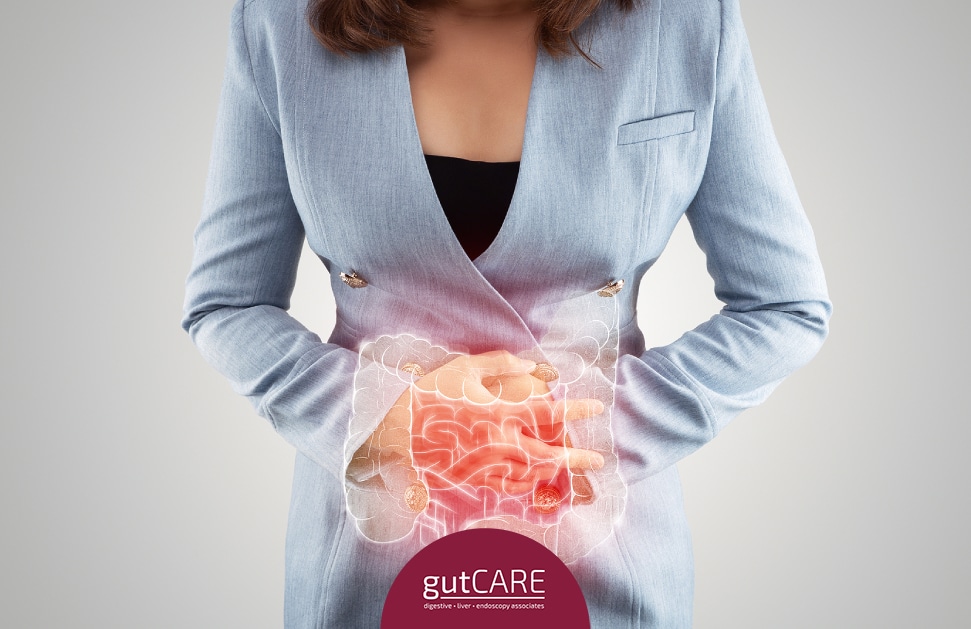Colon Cancer And Women: What To Expect When You Get It

Colorectal cancer is one of the leading causes of cancer deaths in men and women. While it’s curable if found early, several colon cancer symptoms for women always get confused as something else. It’s important to have the appropriate knowledge regarding this disease to prevent it from worsening. To give you an idea, read on to understand the connection between colon cancer and women and what to expect when you get it.
Colon cancer symptoms
Colon cancer initially appears as a small growth referred to as polyps and is located in the inner wall of the colon. These polyps are usually non-cancerous, but when it grows bigger and becomes a cancerous growth, cancer cells can move into the lining of your colour or rectum and spread. These can enter the bloodstream and the lymph system. In the early stages, colon cancer may show no symptoms, but there are signs that you should look out for when they occur.
These symptoms in women are similar to those that occur in men, including diarrhoea or persistent constipation, rectal bleeding, cramps or abdominal pain, unexplained and sudden weight loss, always tired or low energy level, and a constant feeling that your bowel has not emptied even though you’ve had countless trips to the bathroom. If you experience these symptoms, head to your doctor immediately.
Colon cancer symptoms vs menstruation
One factor that leads to the spread or worse case of colon cancers in women is because its symptoms can be mistaken for menstruation. One instance is feeling tired or reduced energy level, which is one of the common symptoms of premenstrual syndrome or PMS. Another is feeling abdominal cramps which can be mistaken as menstrual cramps. While these symptoms can be confusing, it’s safe to assume the worst, so if you regularly experience fatigue or cramps, which is not normal during menstruation, it’s wise to talk to your doctor.
Colon cancer causes
The risk factors that cause colon cancer in men are quite similar for women. Risks include age, family history, treatment, personal history and unhealthy lifestyle. Know that after menopause, the risk of women having cancers increase, so it’s better to know these causes now and see if there is something that you can alter to make a change.
The risk of having colon cancer tends to increase significantly after 50, but younger people can develop this too. Another factor is if you had a history of benign polyps, as it imposes higher risks of cancerous polyps forming later on. In addition to history, having a relative, parent or sibling with colon cancer affects your chance of developing it too. Lastly, being obese or excessively drinking and smoking also increases your risk.
Colon cancer treatment
As mentioned above, colon cancer is curable if detected early. If you suspect that you have developed this disease, here are some of the treatments that may be done to you: Surgery, Radiation therapy, or Systemic therapies.
In the early stages, colon cancer may be treated by removing the cancerous polyps through surgery, but when the disease is left untreated, more parts or tissues of your colon may need to be removed. The next treatment type is through radiation therapy, where powerful energy beams such as X-rays are used to aim at the cancerous tumour to shrink or destroy them.
Lastly, strong medications are often used through an IV injection to kill cancer cells during chemotherapy. This treatment is recommended if the cancer cells have already reached the lymph nodes and may be used before surgery to help shrink the tumour. Newer targeted therapies treatment may also be recommended and used alone or after chemotherapy.
Conclusion
Keep in mind that the main factor that affects the survival rate of a colon cancer patient is recognising how far cancer has spread, which is determined by your overall health and other important factors. Unlike the other types of cancer, colon cancer can usually be spotted early through screenings and can be treated before it spreads. So, if you suspect that you may be experiencing colon cancer, make sure to contact your doctor immediately.




